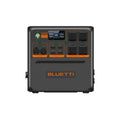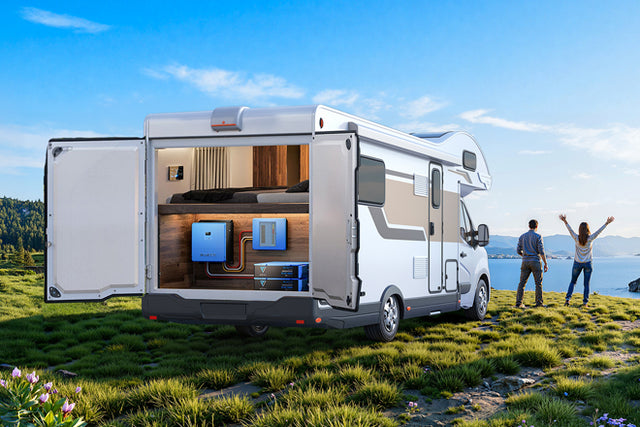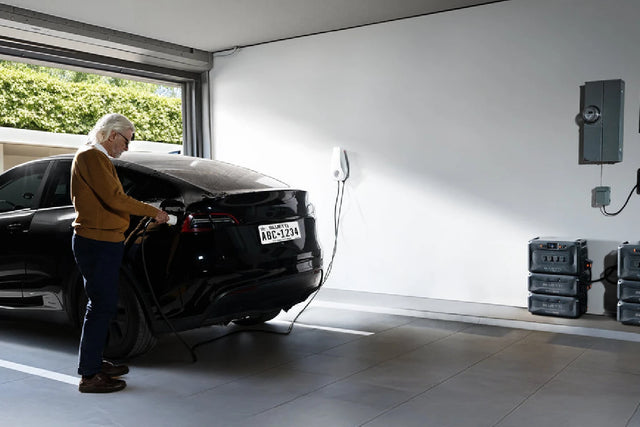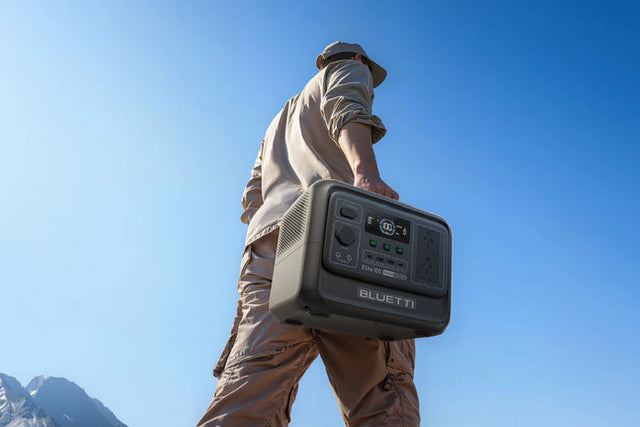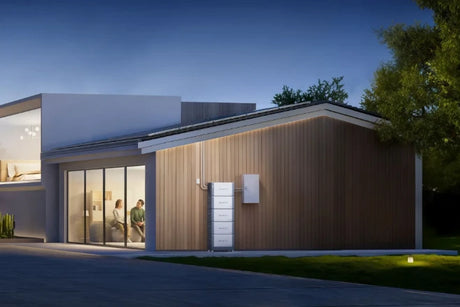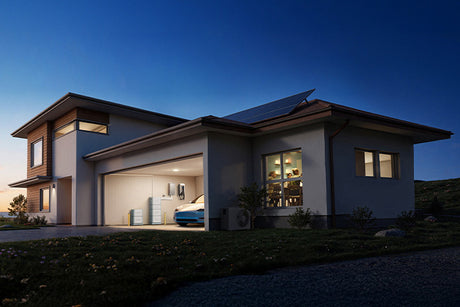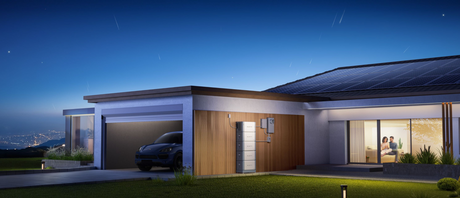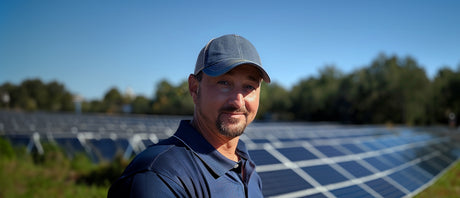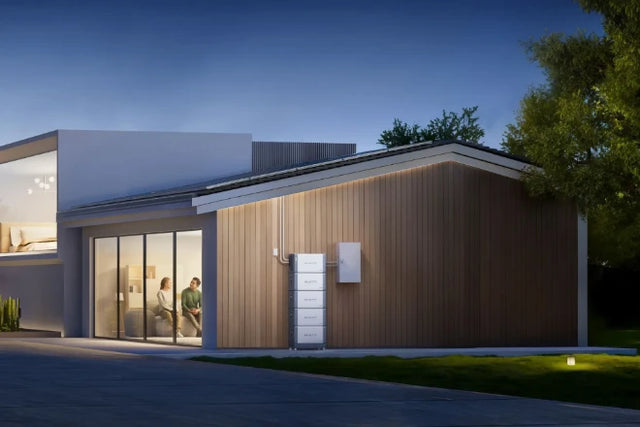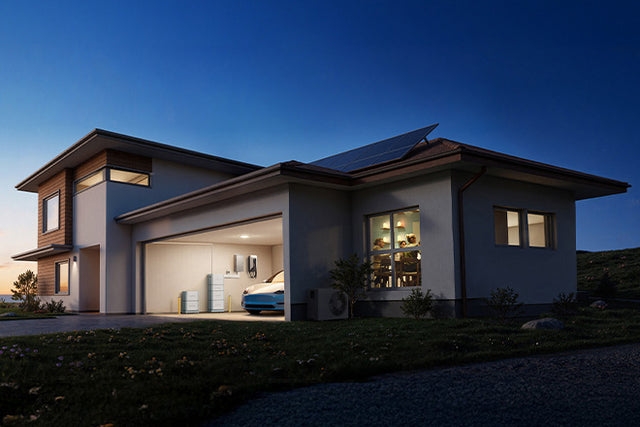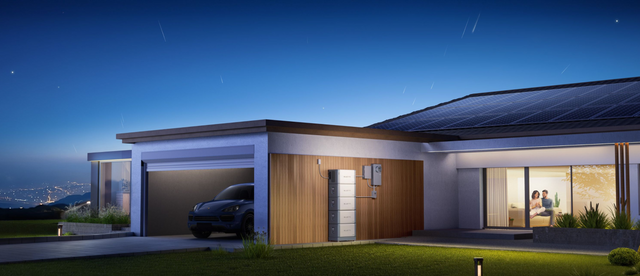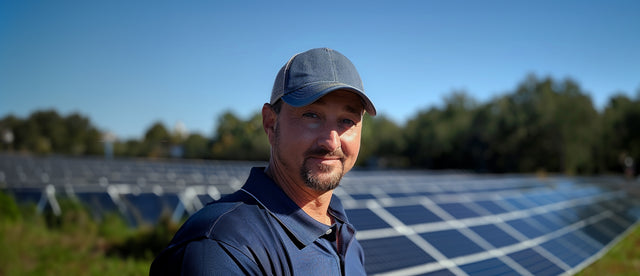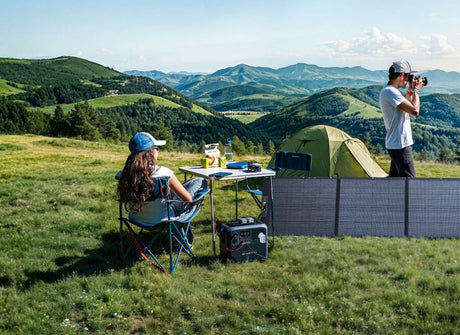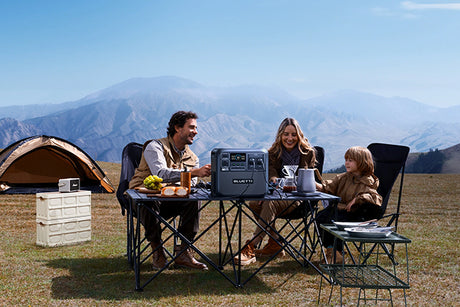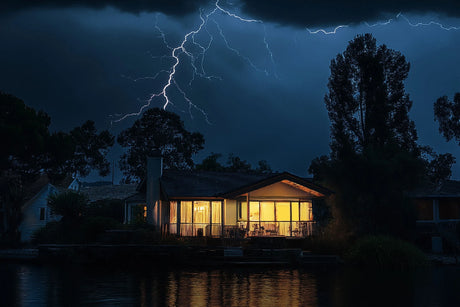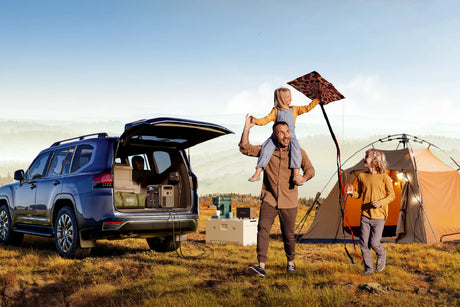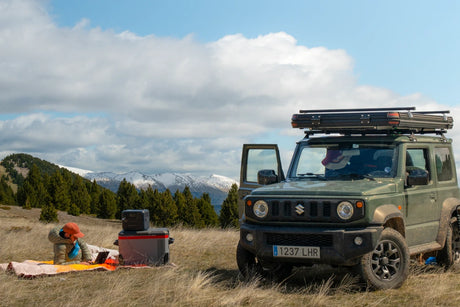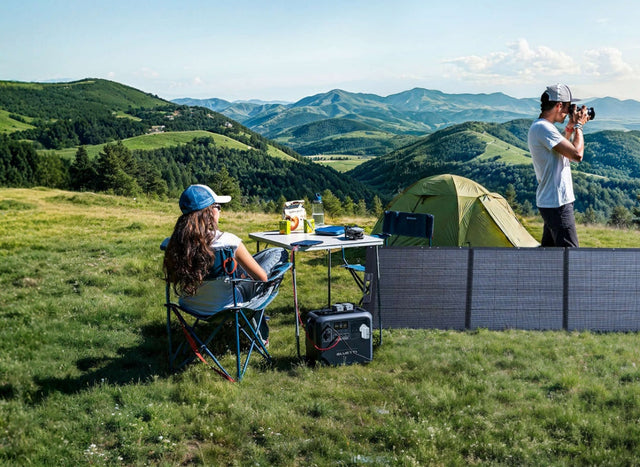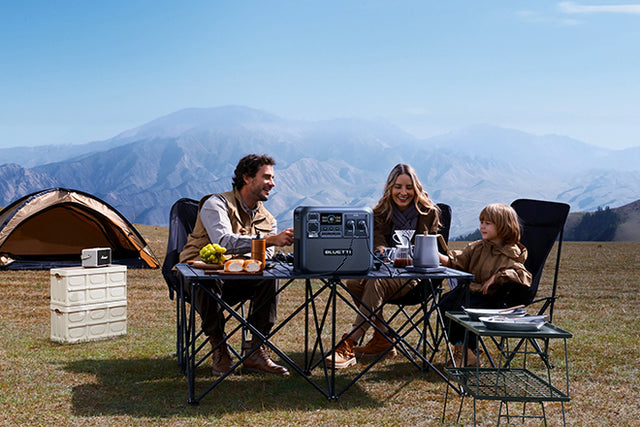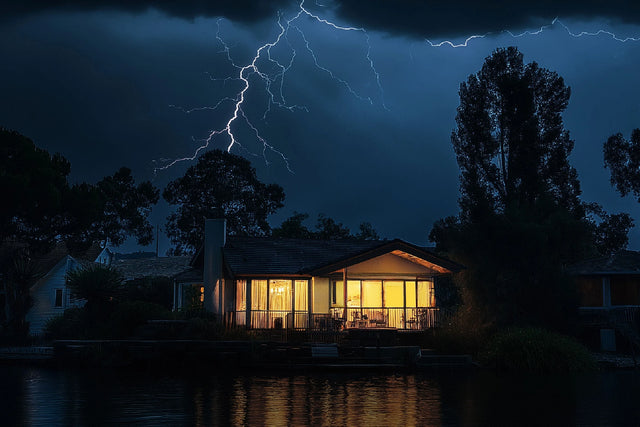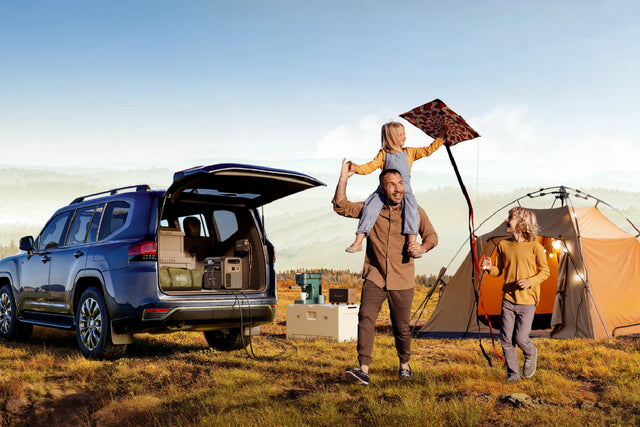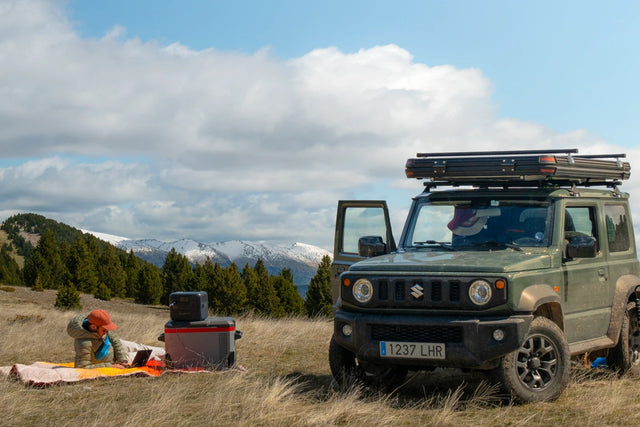If you’ve considered long term RV parking suburban streets, you’ve probably realized it’s not just a matter of parking your RV on the street and walking away. In this blog, you’ll discover the fundamental rules to be aware of about the road near your property, what can actually be described as “no parking on verge”, the legal distances from a driveway you can park, and what you can do if there’s no legal position for street parking. We will also look at community concerns and smarter alternatives to parking of RVs.
The Arrival of RVs in Suburban Streets
Increased levels of caravanning and motorhoming have resulted in an increasing number of RVs parked in Australian suburban streets. The small lot sizes and high expense of off-site storage have driven many owners of these large vehicles to park on city streets, which often results in disputes with neighbors and raises visibility and access issues related to public safety. Cities and popular vacation areas generally lack official RV spaces, so many RV owners have looked to long term RV parking suburban streets due to lack of alternatives.
But the increase is also creating tension. What seems like a lifestyle choice to you may be an eyesore to someone else. Many suburban residents have concerns about blocked driveways, local property values and neighborhood aesthetics. Councils fear safety, zoning, and regulations. This creates the primary problem. How RV owners can get the freedom of long term RV parking suburban streets without breaking any laws or getting into confrontations with communities.
Rules for Long Term Parking

As far as parking RVs on suburban streets long term there really is no rule of thumb. Each city, county or council has its own parking rules. You’ll usually discover that on-street parking is controlled by local laws or municipal codes.
There may also be a parking restriction in place where you want to park your RV. And if you plan to leave it for a longer time period, this is when you might be subject to fines. Most suburban parking bylaws address similar concerns but with differing time frames and enforcement, and this is particularly relevant to you if you’re hoping for long term RV street parking suburban for sure. For example, here are some things to look for in learning whether you have found a good lease and where to find one:
-
Duration of parking: Some councils restrict parking duration for all vehicles (RVs included) to 24 hours or up to a maximum of 72 hours. Anything more than this and you are in a territory that would resemble “storing” as opposed to “parking."
-
Sleeping or living in: While you can park an RV for a few hours in some suburbs, living in it for extended periods of time on the street usually violates local codes. Such cases are typically classified by officials as unpermitted camping.
-
Storage vs. parking definitions: Statutes typically delineate active use from storage. If your RV never leaves, has flat tires or appears to be in a permanently parked state, councils might classify it as storage, which is prohibited in most suburban streets.
-
Penalties for offending: You will find fines, complaints filed by neighbours and possibly even having your RV towed under these regulations. When the notice comes from the council, you’re likely to have very limited time to move the vehicle.
Another frequent problem is verge parking. You might think that parking on the grass verge or nature strip in front of a house is innocuous, particularly if it’s your own. But on most councils, the verge is public property. It is intolerant of abuse, and craters left by heavy vehicles are never repaired.
No parking on the verge. A term you will find on signs, this refers to rules which limit your ability to park your RV or any part of it on grassed or unpaved areas by the side of the road. Violating this rule may result in fines or damage charges. Some councils have special permits that are given to homeowners to use their verges, but never assume it’s legal without checking the guidelines for your particular area.
Parking on private property
The idea that your driveway or front yard is a free-for-all space isn’t uncommon. But Long Term RV parking suburban streets has a second layer of regulation: zoning laws and, in many suburbs, homeowner associations (HOAs).
It's usually legal to park on your driveway, unless you're blocking a public footpath or obstructing the view of other road users. But parking on the lawn or garden might flout the city’s parking bylaws when it comes to putting vehicles into storage. Other HOAs take it further and prohibit RV visibility from the street, even behind the gates and on private property. Before you assume private property is automatically safe, always check on your HOA or local zoning restrictions.
What to Look for When Parking
Naturally, when you’re considering long term RV parking suburban streets, the place can mean the difference between a smooth experience and being forced to constantly move from place to place. Some spots may appear to be convenient at first blush, but they are typically either subject to hidden legal restrictions or present issues with neighbors and councils.
Parking in front of a house

Parking your RV in front of your house, or someone else’s, may sound simple but can cause conflicts. Neighbors might claim you’re obstructing their views, creating dangerous blind spots for drivers or diminishing curbside appeal. If left on streets for extended periods, some long term RV parking suburban streets may prompt allegations of “visual pollution.”
You should also learn the regulation about how near to a driveway you can park. Local distances are different but typically 1 to 2 metres back from the edge of the driveway. Restricting access in any way provides grounds for neighbors to legitimately complain, or call by-law officers.
Public carparks and shared spaces
Another possibility to consider is parking your RV in a shared lot, such as a shopping center carpark or near the beach. Though it may appear as though they are good for a day, most come with time limits (at most 1-5 hours), and there are clear signs that state overnight stays are out of the question. These bans are frequently enforced by security patrols and parking officers. Camping overnight or going for long term RV parking suburban streets in these spaces is not good, as you will be moved along and fined.
Using the RV while street-parked
Your actions still count, even when you’ve parked lawfully. Slide-outs, noisy generators, outdoor kitchens, or leveling legs. The more of that stuff you’re doing, the more you’re “camping” and the less the simple act of parking. These habits almost guarantee complaints.
Social and Community Dynamics
In terms of long term RV parking suburban streets, there are more than just rules to be concerned with. In many cases, how the community sees your presence will be just as important as local laws. Even if you’re in compliance with all the laws, neighborhood perceptions and social frictions are factors RV owners must navigate thoughtfully.
How Communities Perceive Long Term RV parking
To suburban homeowners, a couple of RVs parked here and there on the street might seem harmless. But when large motorhomes gather in groups or stay for weeks and months, residents often see it as blight. Concerns include:
-
Declining property values.
-
Safety issues (Reduced visibility, footpath obstruction).
-
Local “character” or fear of transiency.
These community concerns are what motivate calls for tougher laws against long term RV parking suburban streets.
How RV Owners Can Keep the Peace
If you’ve committed to parking long term in neighborhoods, getting along with the community is essential. This involves shifting your mobile home every few days, no clutter or debris, and having the vehicle look nice. Talking to your closest neighbours and explaining your circumstances can help to minimise adverse formal complaints.
Even if it is legal, the “lived-in look” curtains closed, laundry out, engine never on, can invite unwanted attention. Even modest things like moving spots, staying registered with your RV or just not being too obvious in your habitation will greatly reduce it.
Street Parking Alternatives
Long term RV parking suburban streets frequently presents legality issues and neighborhood problems. That’s why a lot of RV owners search for safer, more reliable solutions that give them peace of mind without worrying all the time for someone to lodge a complaint or issue a fine.
Renting private parking spots
If street parking feels legally risky, there is the option of renting private parking. Websites now facilitate homeowners renting out a spare driveway or side yard to RVers. That gives shelter in a secure, legal place to you, and a little income to the homeowner. It’s a private agreement, not the council coming in, and it’s often cheaper than a storage unit and keeps you in a suburban environment where everything you need is close by.
RV storage facilities
RV storage centers are designed to service this need. They also provide clear legality and extra security, often with surveillance and gated entrances. Between the main trade-off of cost (as well as sometimes inconvenient access), these facilities free you from the threat of neighbourly mishap or council fines.
Modifying your property
Another option is having your own place adjusted to code to accommodate the legal portions of your RV. Dedicated RV pads are permitted in many cities, under certain zoning and building rules. This could include pouring a concrete slab, installing screening fences or wiring in water and electricity hookups. If allowed under local bylaws and codes, this is frequently the most secure and most important investment to solve the question of long term RV parking suburban streets.
Smart, Silent Power for RV Long Term Parking

For RV owners who park on suburban streets, keeping to yourself with a quiet, low-profile power source matters more than campsite-style hookups. With 120V/30A NEMA TT-30R receptacle, the BLUETTI AC200L power station is ideal for travel trailers, picnics, camping, and mostly for RVs. You get 2,400W power output to meet most demanding tools and equipment. Whether working with power tools, air conditioners, microwaves or even refrigerators, it can do the job without fumes and fire fuel.
Its 2,048Wh LiFePO₄ battery (good for 3,000+ cycles) can be expanded all the way to 7,577.6Wh, providing multi-day autonomy even as you honor local move-along restrictions. AC 2400W ≈ 1.5 hours, solar up to 1200W ≈ 2.5 hours in perfect sun or car 12V/24V ≈ 10–20 hours. 20ms UPS protects RV internet, desktops, or medical devices, while pass-through charging enables users to power necessities while topping off.
Featuring MPPT solar charging, BMS protection, and up to 92% AC efficiency, the BLUETTI AC200L uses every watt to the max with little noise and no exhaust, just what the suburban neighbors prefer. For the best results, match your RV with a home-installed BLUETTI AC200L solar power system so the panels can charge the unit while parked, cutting utility bills and helping you stay off-grid with a full battery.
FAQs
Can I live full time in my RV parked on a suburban street?
No. Living in an RV on a public street is outlawed by most councils. Time limits differ, but most councils require the vehicle to move between 24-72 hours after parking.
Can I be fined if a neighbor complains?
Yes. Complaints can result in inspections or fines or, worse, towing if you’re in violation.
Am I allowed to park on the nature strip in front of my house?
No. The verge is public land, and parking on it may cause damage to grass and result in fines.
Can I park in public carparks such as shopping centres or at beaches overnight?
Usually prohibited. These bans are also enforced by patrolling guards or local council by-laws.
If Long Term street parking is not permitted, what is the best alternative?
The best alternative is private property driveway rentals.
How can I find the local rules for my area?
Check your council’s official website and call the parking enforcement office directly.




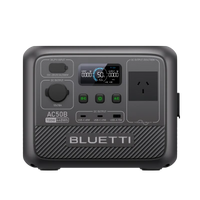


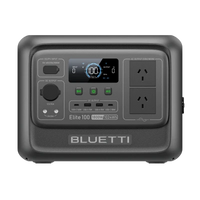


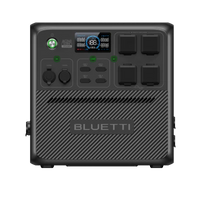
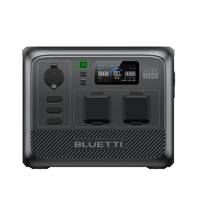
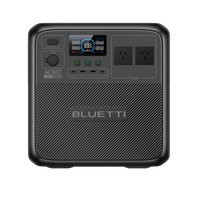




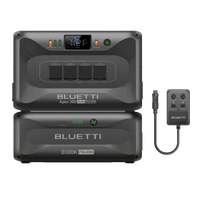

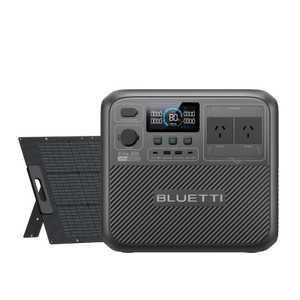
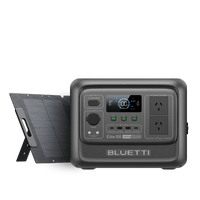
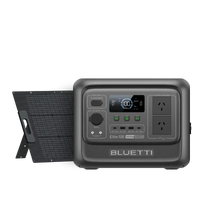
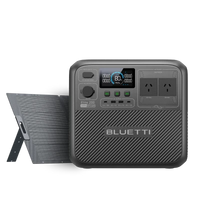
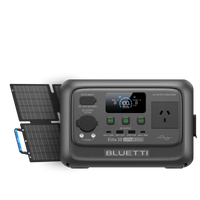
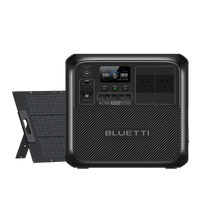
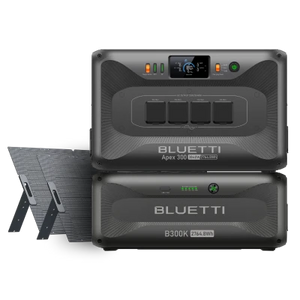







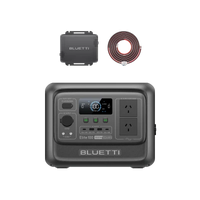






























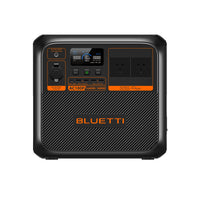




![[Phased Out] BLUETTI B80P Expansion Battery | 806Wh](http://www.bluettipower.com.au/cdn/shop/files/202310025B80P_2000-2000px_4_4caa0c1c-4dab-4272-9e9b-2b7507e5bd81.jpg?v=1713777870&width=200)
![[Phased Out] BLUETTI B210P Expansion Battery | 2,150Wh](http://www.bluettipower.com.au/cdn/shop/files/2_08cf9ef3-03a4-4489-b641-d3edb8094896.webp?v=1716016566&width=200)
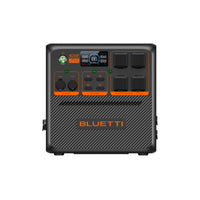

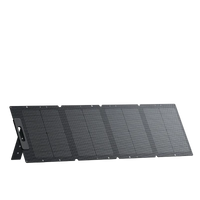



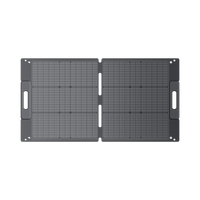


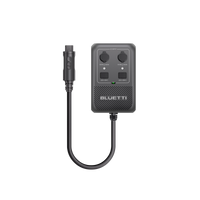









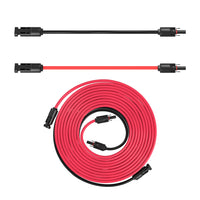

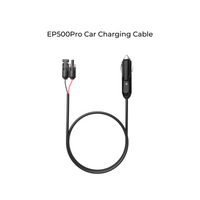




























































































![[Phased Out] BLUETTI B80P Expansion Battery | 806Wh](http://www.bluettipower.com.au/cdn/shop/files/202310025B80P_2000-2000px_4_4caa0c1c-4dab-4272-9e9b-2b7507e5bd81.jpg?v=1713777870&width=120)
![[Phased Out] BLUETTI B210P Expansion Battery | 2,150Wh](http://www.bluettipower.com.au/cdn/shop/files/2_08cf9ef3-03a4-4489-b641-d3edb8094896.webp?v=1716016566&width=120)
